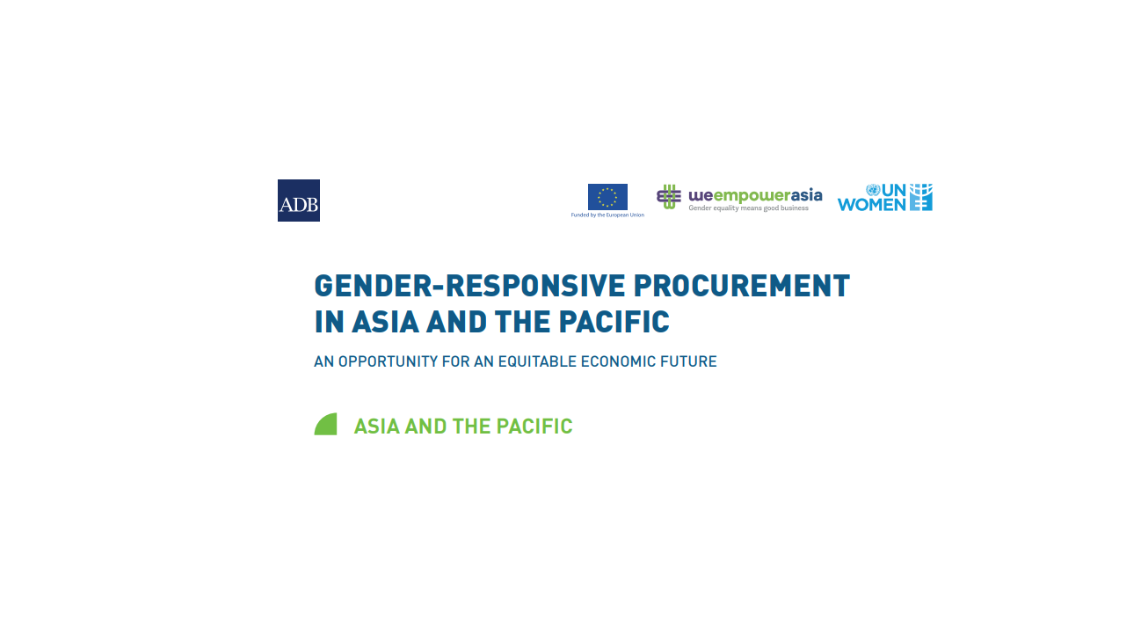Hidden Potential: Rethinking Informality in South Asia
Download
Yet, there is no consensus on its causes and consequences, with the debate polarized between a view that informality is a problem of regulatory evasion and should be eradicated, and another which equates informality with economic exclusion.
These views are at odds with the heterogeneity observed among informal firms. Recent advances in analyzing informality as the outcome of firm dynamics in distorted economic environments can help reconcile them. Building on these advances, the approach adopted in this volume clarifies that there are different types of informality, with different drivers and consequences.
Using this approach, the papers in this volume revisit old questions about the relationship of informality to regulation and taxation, and also pose new ones, such as how digital technologies and multi-faceted policy designs can improve prospects in the informal sector. They have four main messages.
First, informality in South Asia is dominated by firms that happen to be outside the purview of regulations because they are small, as opposed to those that remain small to escape regulations.
Second, reforms of business regulations tend to have small direct effects on the informal sector, though they could have sizable indirect impacts on it if they succeed in removing major inefficiencies in the broader economy.
Third, e-commerce platforms (and similar technologies) offer new opportunities to informal firms and workers, but many of them lack complementary skills or credit to benefit from such technologies.
Fourth, a combination of contributory and non-contributory programs recognizing the heterogenous saving capacities of informal workers may be necessary to achieve more universal coverage of social insurance. A multi-pronged strategy is needed to tackle the developmental challenges presented by informality.





















































First, please LoginComment After ~